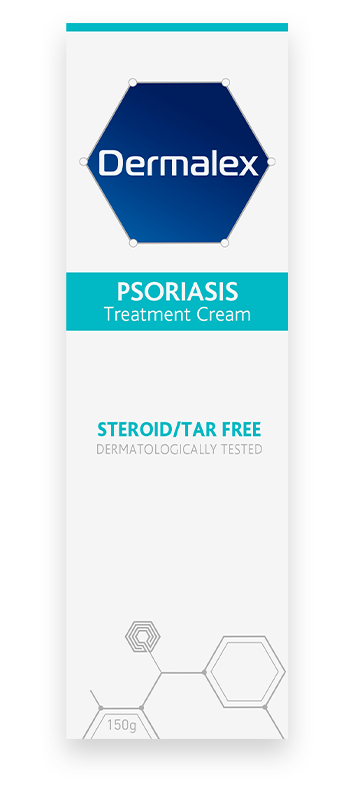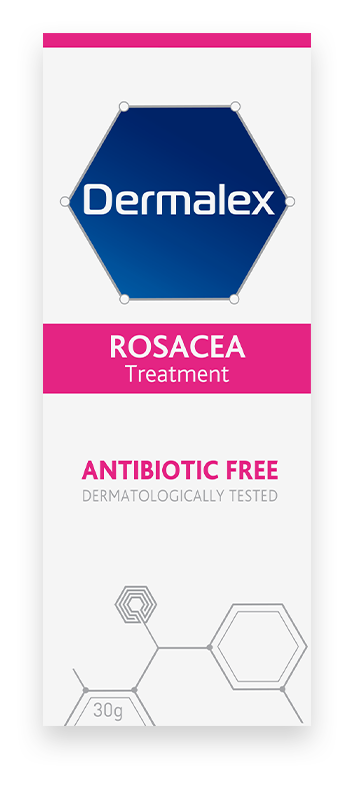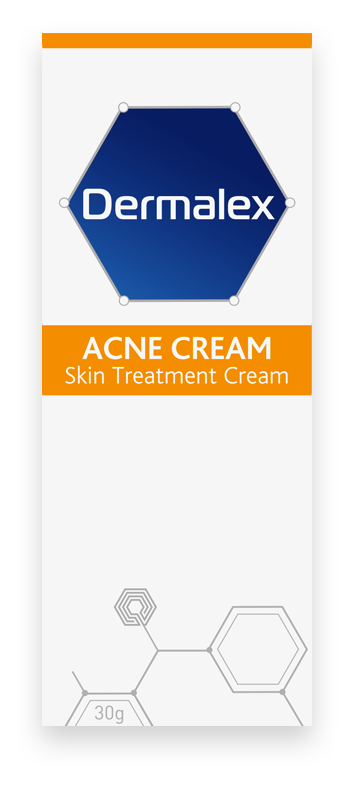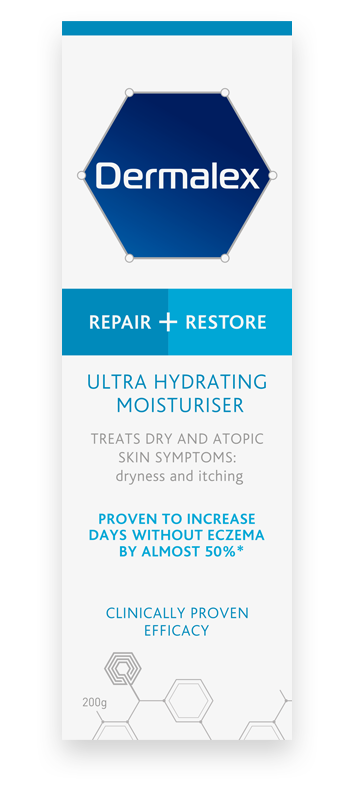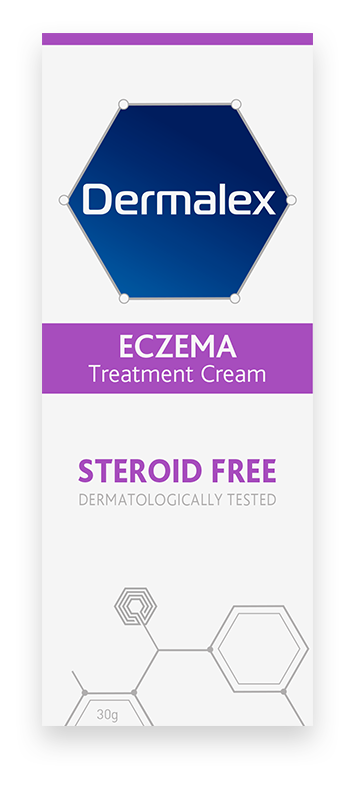What’s the Importance of Hydration for Skin?
You’ve probably heard that it’s extremely important to keep your skin hydrated: but why is this? How can it be done?
You’ve probably heard that it’s extremely important to keep your skin hydrated: but why is this? How can it be done? Staying hydrated will rejuvenate your skin so it feels smooth and soft,[1] but the benefits are much wider-reaching than that. Let’s take a look at everything you need to know.
The importance of skin hydration
There are many reasons why keeping your skin hydrated is important. Some of the benefits include:
Keeps cells functioning properly
Your body consists of about 70% water, and your skin’s cells need the right amount of water to function properly.[2] Your skin performs many functions, including:
- Regulating temperature
- Eliminating toxins: The ability for the skin to detox is reliant on hydration; healthy skin cells have the ability to flush out toxins
- Forming a protective barrier from things like irritants: Healthy, hydrated skin is better equipped to defend itself against environmental aggressors
So, water is essential to keep your skin performing at its best.
Improves skin elasticity
Skin elasticity is the skin’s ability to stretch, and then snap back, to its original shape. Loss of this elasticity causes skin to look saggy, crinkled, or leathery.[3]
Less oiliness
It might sound at odds, but dehydrated skin can be oily. Your skin has the ability to detect hydration levels and a lack of moisture signals sebaceous glands to produce oils, but this can be regulated by increasing hydration. Increased oil can trigger certain skin conditions, like acne.
Reduces wrinkles
Hydration plumps up deflated skin cells and irons out wrinkles. This can also be achieved by having a good skincare routine – but hydration will be key also.
Keeps skin soft and smooth
Lack of hydration will leave the skin feeling rough. Skin is made up of three layers:
- The outer layer (epidermis)
- The underlying skin (dermis)
- The subcutaneous tissue
If the outermost layer of the epidermis doesn’t contain enough water, skin will feel rough.
What causes dry skin?
Dry skin occurs when skin doesn’t retain sufficient moisture. This can happen as a result of frequent bathing, use of harsh soaps, aging, or certain medical conditions. Plus, for those in colder climates, it can stem from cold, dry winter air.
However, you don’t have to accept this!
Bear in mind though: dehydrated skin and dry skin are not the same.
How to hydrate skin
Now, you might be thinking you just need to drink more water, right? While drinking more water is a good idea for many reasons, there’s a lack of research showing that drinking extra water has any impact on skin hydration or appearance.[4] However, some studies suggest that increasing dietary water intake would affect the skin the same way as a topical moisturiser.[5]
So, here’s how to keep skin hydrated:
- Use gentle cleansers
- Avoid skincare products that contain harsh soaps, alcohol or perfumes
- Avoid prolonged contact with hot water
- Use a humidifier, especially in winter months
- Wear gloves in cold weather
- Moisturise immediately after a bath or shower
- Drink water & electrolytes throughout the day
Hydrating skincare ingredients
What are some hydrating ingredients to look for in your skincare products?
The list includes:
- Hyaluronic acid
- Ceramides
- Glycerin
- Lactic acid
- Petroleum jelly (usually only for those with very dry skin)
- Squalane [6]
Hydrator vs. moisturiser
It’s important to be aware that hydrators and moisturisers are terms that can be defined by brands however they want. [7] This is why it’s essential to read the labels and check ingredients. But, the more you wash your skin without applying a moisturiser or hydrator, the more likely it is that your skin will dry out.
So, hydrator vs. moisturiser, which is right for you? Truthfully, both will help to keep your skin hydrated.
Dehydrated skin
You’ll need to try adding water back into the skin. Look for a hydrating serum with hyaluronic acid, that should do the trick.
Dry skin
Generally-speaking, if your skin tends to be dry year-round and flakes or peels, you’ll need a thicker moisturiser to seal the surface and lock in moisture. This will also help prevent water from leaving the skin.
Oily skin
Even if your skin is oily, that doesn’t mean it can’t be dehydrated. In fact, as mentioned, dehydration will usually exacerbate the oiliness. Go for water-based hydrators and moisturisers, as they feel lighter on the skin and are less likely to clog pores.
Other skincare tips
Want to have healthy, happy skin all year round? While ‘perfect’, poreless skin doesn’t exist, many of us are looking to improve our skin, whether that’s preventing hormonal breakouts, wrinkles, dryness, or excessive oil.
Whatever skin type you have, there are some universal rules that can improve your skin.[8]
Get the basics right
Make sure you cover these 5 pillars every single day:
- Use cleanser
- Moisturise
- Drink water
- Wear suncream (yes, everyday!) – Sun damage is a leading cause of skin cancer, pigmentation and aging – it’s vital you protect your skin
- Eat a healthy, balanced diet
As a general rule: cleanse first, then moisturise, then apply suncream. Products should often be applied from lightest to heaviest.
Careful with exfoliation
Exfoliating can be a great way to remove dead skin cells, but go carefully. Overdoing it can cause an adverse reaction, such as causing your skin to produce too much oil.
Lifestyle changes
Certain changes you can make everyday can have a big impact on your skin, helping to keep it looking healthy and feeling good. These include:
- Cleaning your pillowcase regularly
- Making sure you get enough sleep
- Add humidity (moisture in the air helps prevent skin from drying out!)
- Keeping your home/other spaces clean
- Sleeping on your back (this can minimise wrinkles)
- Always keeping lip balm & suncream to hand
- Washing face masks regularly
- Limiting direct sun exposure
Do what feels right for your skin
Certain products might help hydrate others’ skin, but won’t be quite right for you – everyone is different! Test and try new things, always read the ingredients closely, and pay attention to what works for your skin vs. what doesn’t. Also, make sure you’ve got a solid skincare routine in place: moisturise daily, avoid prolonged contact with hot water, and wear suncream. Plus – make sure you’re staying hydrated!
References
- The Importance Of Keeping Your Skin Hydrated – Dermatology Center
- The importance of skin hydration – Cetaphil
- 5 BENEFITS OF HYDRATED SKIN – Esse Skincare
- Does drinking water cause hydrated skin? – Mayo Clinic
- Dietary water affects human skin hydration and biomechanics – PubMed
- 7 Hydrating Skin-Care Ingredients That Will Actually Help Moisturize Dry, Dull Skin – SELF
- Hydrating and Moisturizing Aren’t the Same for Your Skin — Here’s Why – Healthline
- The Ultimate Guide to Skin Care: Expert Tips and Tricks for Every Skin Type – Healthline


